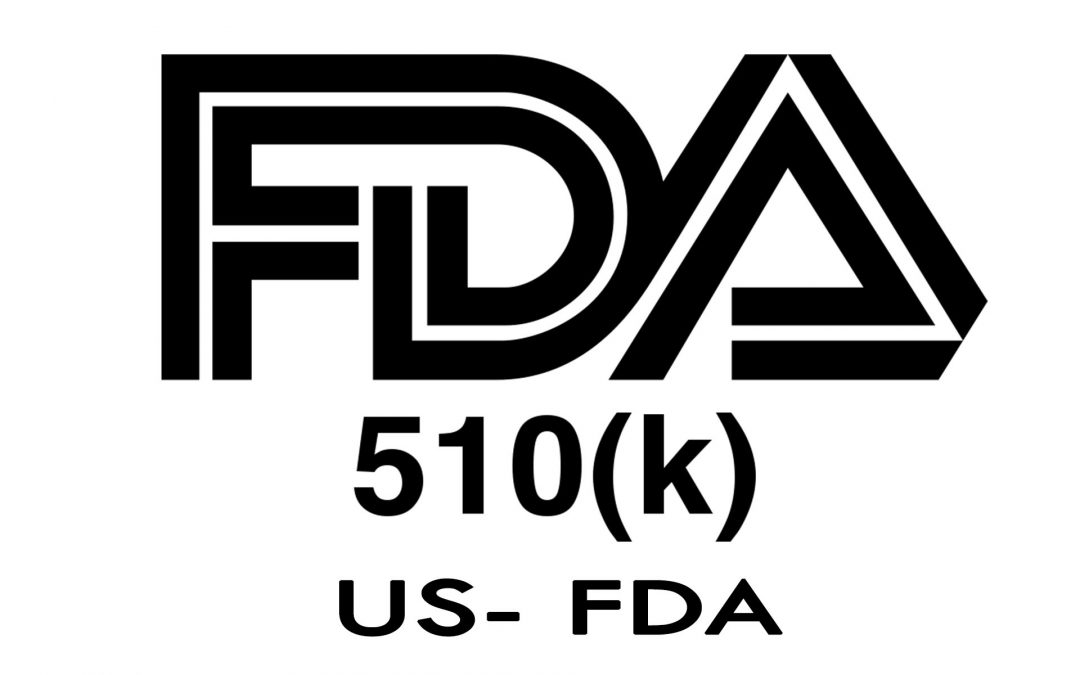Any manufacturer who wants to legally market their medical device in the US intended for human use has to get FDA approval. Any class I, II, or III devices, which is not exempt and does not require premarket approval must fulfill the requirements of a 510(k) of the FD&C Act. A 510(k) is a premarket submission to demonstrate the device to be marketed is safe and effective and is substantially equivalent to an already legally marketed device that is not subject to PMA. The legally marketed device used for equivalence is called the “predicate”. The predicate cannot be in violation of the FD&C Act. Once the FDA approves the device, the applicant receives a letter declaring SE (substantial equivalence), until then the device cannot be sold or marketed.
SE means the new device is as safe and effective as the predicate and must encompass the following:
- Same intended use
- Same technological characteristics
- Same intended use but different technological characteristics
- Does not raise new questions of safety and effectiveness
SE does not mean the new devices is identical to the predicate, but rather similar to the intended use, design, energy used or delivered, materials, chemical composition, manufacturing process, performance, safety effectiveness, labeling, biocompatibility, and other characteristics.
SE determination is usually made within 60 days of substantive review of the application. Most of the time, the FDA requires additional information, which adds to the 60-day clock extending it by a maximum of 180 days.
All domestic and foreign manufacturers of a finished device and re-packagers or re-labelers are required to submit 510(k). The holder of a 510(k) must have design control documentation in case of an FDA site inspection. FDA does not perform 510(k) pre-clearance facility inspections. The applicant may market the device immediately after 510(k) clearance or SE is granted. However, the manufacturer should be prepared for an FDA quality system inspection at any time after the 510(k) clearance.

